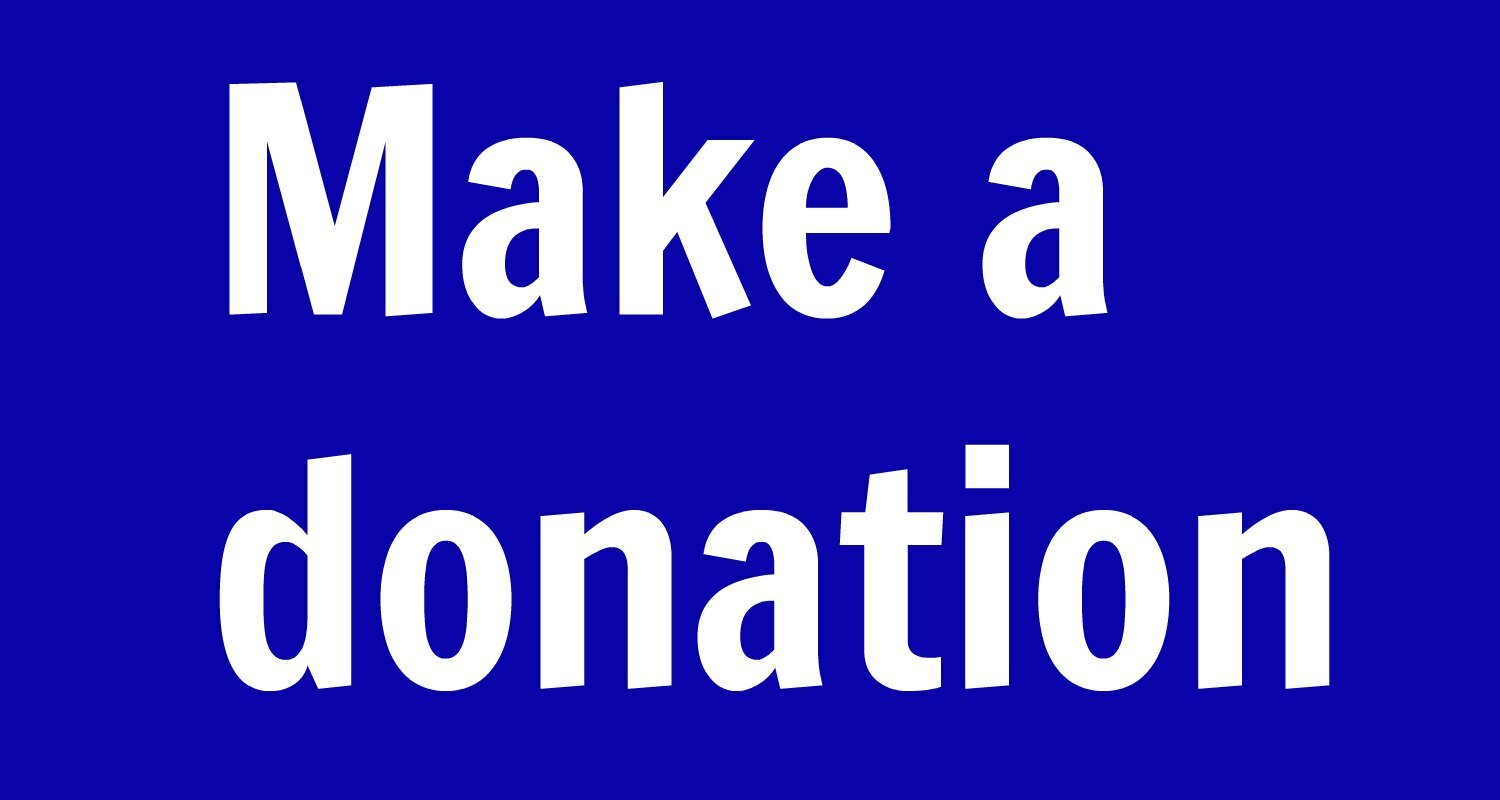by Eva Chaitman (Earlham College REInvestment)
Two weekends ago, five of us from Earlham’s REInvestment Campaign attended the 2014 Fossil Free Divestment Convergence at San Francisco State University. Upward of 250 students attended the convergence, representing divestment and re-investment campaigns across the country. Together we discussed, compared, and strategized. We listened to speakers and attended workshops run by inspiring individuals who had dedicated their lives to creating real change in the world. What I learned from this convergence was enlightening and uplifting. I’d like to highlight in this article some of the points impressed upon me over the course of the weekend.
Mission Statement of Earlham College REInvestment Campaign:“The Responsible Energy Investment (“REInvestment”) campaign is a student-led campaign at Earlham College that is asking our school to divest its endowment from dirty fossil fuel companies and reinvest responsibly. The targets of our campaign are companies that extract coal, tar sands oil, and fracked natural gas — companies that are responsible for numerous EPA violations and pollution-related illnesses/deaths, not to mention the greenhouse gases and toxic fumes that fossil fuels emit.”
Intersectionality and Solidarity of Divestment Campaign
Fossil fuel industries are the worst perpetrators of global climate change and environmental destruction. However the cost of continuing our support for these companies has a much broader scope. Fossil fuel industries create a web of intersectional problems. During her workshop “Decolonizing Lands, Minds, and Institutions” activist Hena Belalia of Peaceful Uprising challenged us to become educated on the “overlapping systems of oppression” in which the fossil fuel industry is planted. Coal companies not only exploit the environment, but also reproduce exploitation and oppression of marginalized communities around the world. Fossil fuel industries are a part of a system in which students experience overwhelming debt, indigenous peoples lose their lands, and inmates are treated as commodities in a prison system likened to a corporate business. Fossil fuel industries are a part of a web of broad economic forces in which institutions and industries puts profit gain over the well being of people. As a movement, we must learn how divestment from fossil fuel connects and attacks a multispectral problem. Dialogue with others is key to creating diverse solutions. Solidarity between ideologies and movements can facilitate the power needed to create change. This movement is a tactic, among others, to halting the overarching problem of unethical economics where environmental destruction parallels with social injustice. In working with the system in which we are embedded, there is a means through which tangible and strategic change can be made in fabricating a more sustainable economy.
Right to be Angry
During his opening speech, co-founder of Peaceful Uprising, Tim DeChristopher emphasized our generation’s right to be angry towards the generation that has understood the fossil fuel industry’s harmful effects long before we were born. The generation that precedes us has continued an acceptance of institution and industry that actively jeopardize our futures. Dramatic climate change, increasing imbalance between the poor and the prosperous, and expanding economic uncertainty have been widely acknowledged as examples of the heightening destruction present within our world. However, industries and institutions continue to remain in state of what DeChristopher condemns as being “complacent”. While the world that our generation is now responsible for continues to disintegrate, the institutions from which we ask for help remain comfortable in their decisions to be indifferent to our efforts. In trivializing us from positions of complacent power, the extent of suffering which our generation must face is deemed unimportant. But business must go on as usual; this is the disregarding mindset that we must continuously confront.
Elevated voices
REInvestment does not mean economic hardship for an institution. Rather, REInvestment, through conscientious, responsible, and tactical moves in equally resilient investment decisions, only seeks to render a healthier environmental, social, and economic climate. This earth upon which an increasingly smaller percentage of us thrive, has been mishandled and ultimately destructed. We must facilitate real change at an institutional level to curb the destructive path upon which we reside. The divestment movement, which includes Earlham’s REInvestment campaign, is a conglomeration of elevated voices. With love and passion for the environment, the marginalized and oppressed around us, as well as with fear for the uncertainty for the future of our collective well-being, we demand change. We ask, and we will not stop asking until the change we seek is created. DeChristopher said,“The job of students in the climate movement is to be the uncompromising moral of truth.” We will not compromise on present and future conditions of our world. We ask for an unambiguous and decisive action that acknowledges the importance of this movement. Through our collective voices, we hope to move our institutions away from playing by the safety of written norms, to making decisions according to what is right and just.

